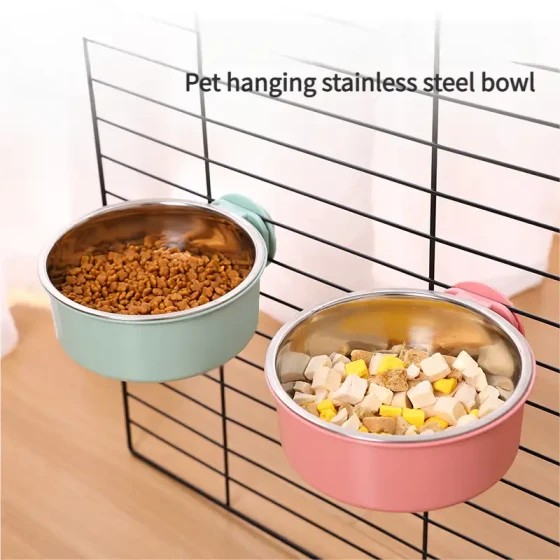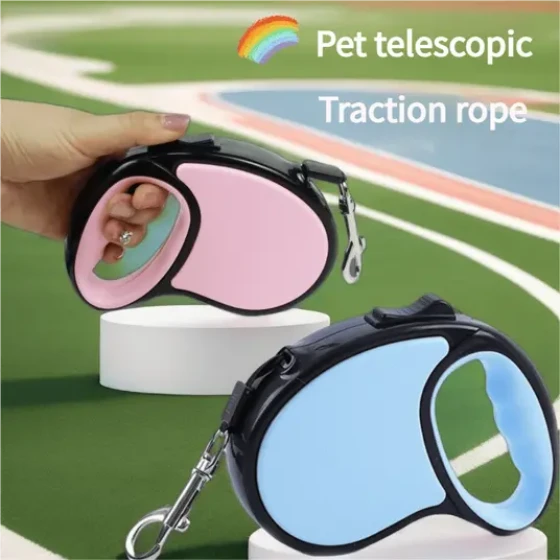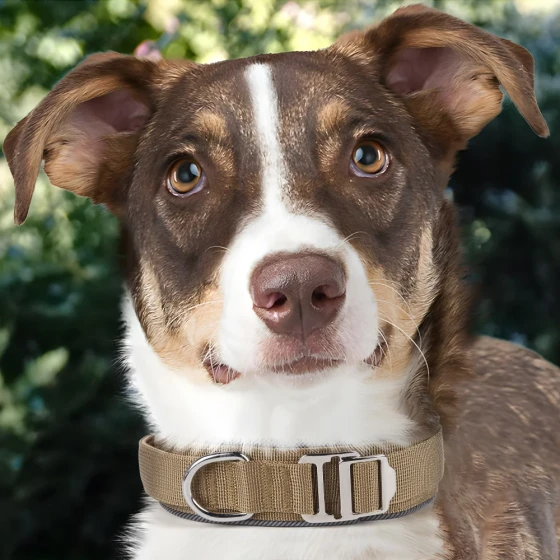10 Tips for Feeding Senior Dogs
Because there are currently no special international regulations regarding the diet of senior dogs, many companies decide by themselves what kind of senior pet food to produce. Companies mainly focus on meeting the industry guidelines for adult dogs. Currently, the main types of food for senior dogs are dry or semi-moist cans. All dog food brands are different; some have high calorie content, others high protein content. If your dog has already reached old age and is accustomed to the dog food he is currently eating, then you don’t have to change his food.

Dog
My dog has already reached old age but still eats his previous dog food very well. Remember, no matter how you want to change your dog’s food, it must be based on his age and regular feeding habits. Also, make sure the food you feed is of high quality because good food can help protect your senior dog from health problems caused by aging. If your dog has already entered senior age, you should know exactly what changes are suitable for his diet. Below are 10 methods that can help you determine when and how to adjust your senior dog’s diet to keep him happy and healthy.
1. First, you must manage your dog’s diet daily to promote his health and delay some health diseases that occur with aging. By doing so, you are also extending your beloved dog’s life.

Dog
2. Generally, feeding a slightly smaller amount helps dogs live longer and they won’t experience as many age-related health problems as dogs that are overfed. The size of the dog’s body actually determines when to start feeding senior dog food. For example, if your dog is a small breed, like a Shih Tzu, you can start feeding senior dog food at around 8 years old.
3. If your dog is a large breed, such as a Great Dane, you should start feeding senior dog food at 5 years old.
4. Senior dogs also need plenty of vegetables and fruits, but be sure the vegetables and fruits you feed are free of pesticides. As to which fruits should or shouldn't be fed to dogs, ask your veterinarian.
5. It is best to add extra nutrients in the senior pet’s diet, such as some antioxidants. Antioxidants can help eliminate free radicals that damage body tissues and accelerate aging. They are also very beneficial to the dog’s immune system.

Dog
6. You also need to avoid insufficient egg intake and ensure your dog gets adequate protein. Senior dogs usually require a large amount of protein to maintain muscle mass. Also remember to increase the intake of γ-linolenic acid in senior dogs. You may not be familiar with what γ-linolenic acid is, but it is a simple fatty acid that helps maintain healthy skin and coat in dogs.
7. To prevent sudden changes in the diet from making the dog uncomfortable, adjustments to the senior dog’s diet must follow a gradual approach.
8. There is no doubt all dogs gain weight as they age because they exercise less than when they were young. If your dog exercises less than before, remember to feed him less food accordingly.

Dog
9. Remember to always ensure your dog has access to plenty of water, and it’s best not to disrupt your dog’s usual eating routine.
10. Feed him when he wants to eat. Unless your veterinarian specifically advises otherwise, twice a day is enough.



